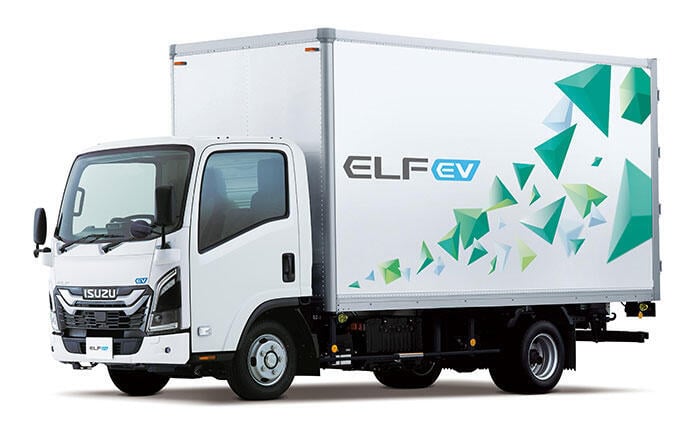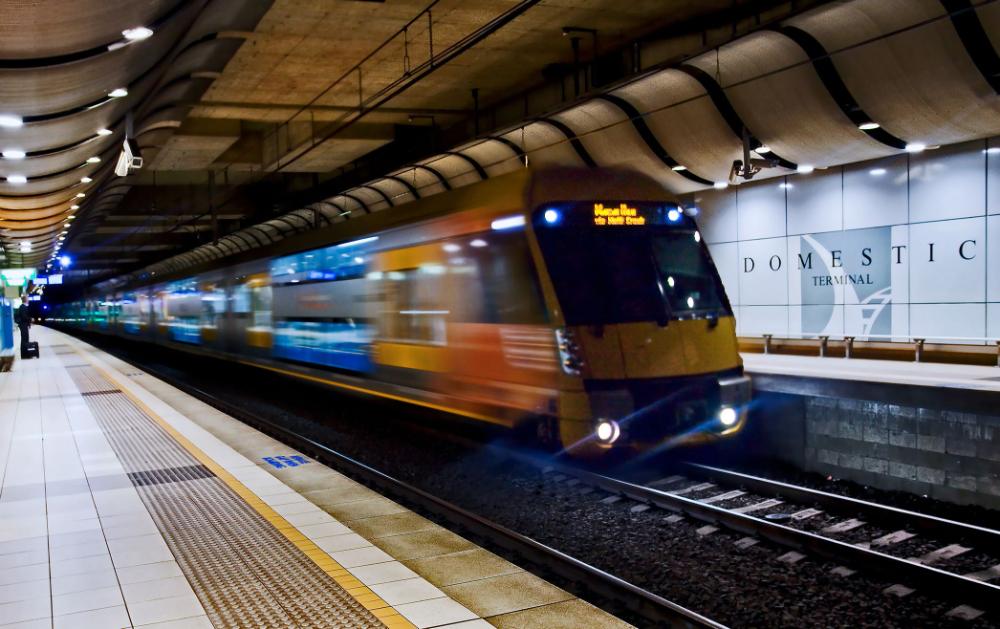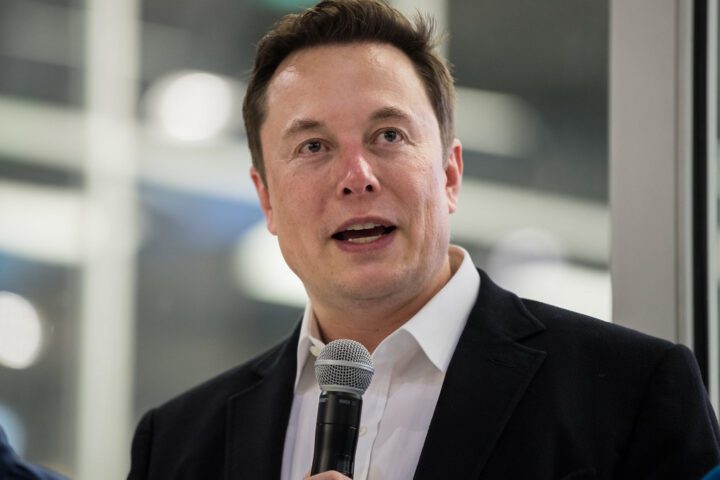In a significant move toward cleaner manufacturing, Isuzu Motors will start using green steel in its commercial vehicles from April 2025, becoming Japan’s first commercial vehicle maker to do so. The company will also use this environmentally friendlier steel in building its new electric vehicle testing facility.
What makes this important? Steel manufacturing creates a lot of pollution – about 38% of Japan’s industrial carbon emissions come from making steel. Green steel helps cut down these emissions through cleaner production methods.
“This marks the first use of green steel in commercial vehicle manufacturing in Japan,” Isuzu stated in its announcement. The company plans to use this cleaner steel in its mass-produced vehicles, including the battery-powered ELF EV truck.
The Numbers That Matter
Isuzu isn’t taking half measures. They’re planning to use about 1,000 tons of green steel just for building their new electric vehicle facility, called The EARTH lab. This testing center, located at Isuzu’s Fujisawa plant in Kanagawa, Japan, will open its doors in June 2026.
Three major Japanese steel makers – JFE Steel, Kobe Steel, and Nippon Steel – will supply the green steel. Each company has its own certified green steel product: JGreeX™ from JFE Steel, Kobenable® Steel from Kobe Steel, and NSCarbolex™ Neutral from Nippon Steel.
Similar Posts
Making Steel Greener
Traditional steel making releases a lot of carbon dioxide into the air. Green steel cuts these emissions by using cleaner production methods. Think of it like choosing an electric car over a gas-powered one – both get you where you need to go, but one leaves a smaller environmental footprint.
The steel makers use something called a “mass balance approach.” This means they track how much cleaner their steel production becomes and can prove it through independent certification. It’s similar to how your electric company might tell you your home is powered by renewable energy, even though all electricity flows through the same grid.
Part of a Bigger Picture
This change comes as Japan pushes toward eliminating greenhouse gas emissions by 2050. Isuzu’s move follows the country’s GX (Green Transformation) Acceleration Declaration, launched in December 2024, which aims to create more market demand for environmentally friendly products.
What This Means for the Future
Isuzu’s switch to green steel shows how vehicle manufacturing is changing. The company isn’t just making electric trucks – it’s also cleaning up how those trucks are made. By using green steel in both their vehicles and their new testing facility, Isuzu is showing its commitment to reducing emissions throughout its manufacturing process.
Real Changes, Real Impact
Isuzu’s adoption of green steel represents a concrete step in changing how vehicles are manufactured. Through this initiative, Isuzu is working with its suppliers to implement carbon reduction measures across its business activities and production processes, while continuing to produce the commercial vehicles needed for transportation and logistics.



















